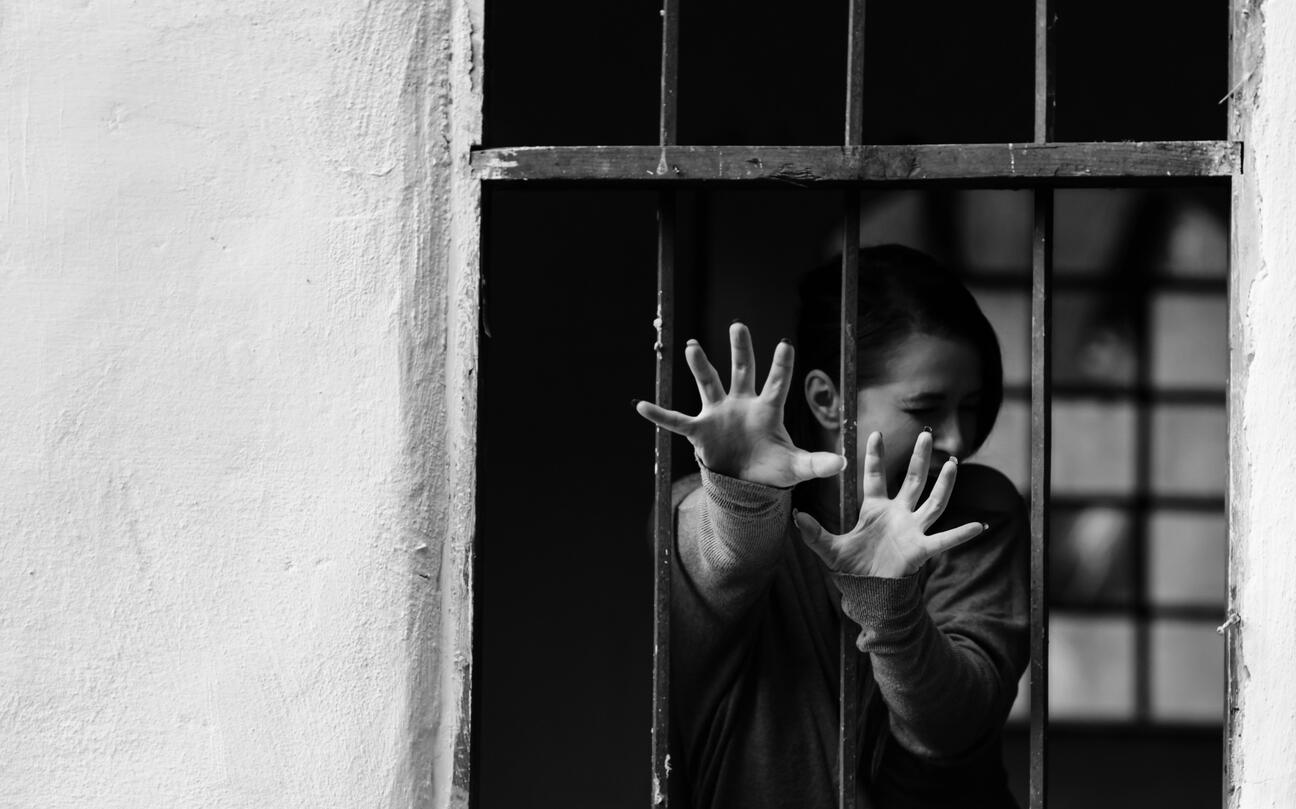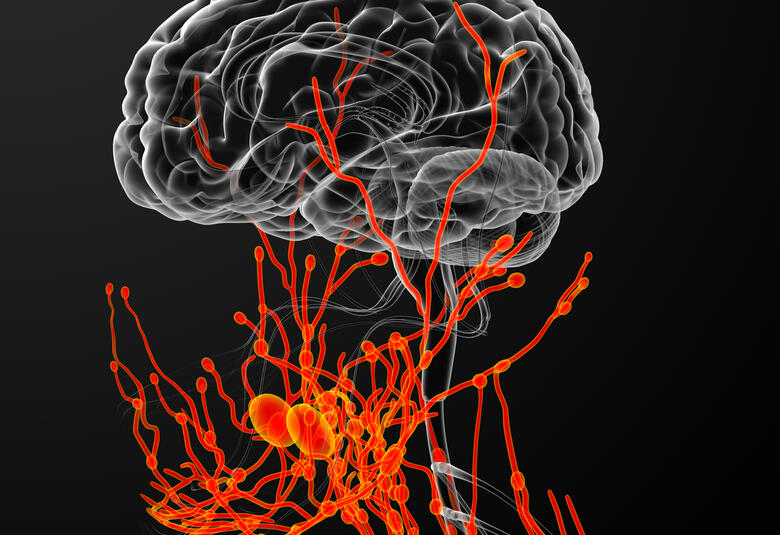At the recent South African Biological Psychiatry Congress, held in September 2022, Dr Samantha Naidoo presented on ‘Female inmates with a lifetime history of trauma and mental illness’. Female prisoners were more likely to have a history of abuse, and the majority have extensive histories of trauma. Other local and international studies concur with these findings. The presence of trauma in childhood increased the rates of recidivism, however, trauma screening is not routinely done in a prison setting.
|
From the qualitative study done by the presenter, the impact of trauma on female offenders who had committed murder was examined, with two overarching themes emerging, namely the trauma itself, and the aftermath of the trauma. It was seen that traumatic events are cumulative. Abuse is common and results in a vicious cycle where further abuse is perpetuated.
The emotional impact of trauma is multi-faceted. It may result in want of vengeance, feelings of sadness, feelings of being betrayed and general hopelessness. The psychological impact is even more far-reaching. When trauma is disclosed, the response from family members may include abandonment and disassociation from the victim. Partners may leave due to the associated stigma.
There is a profound intrapsychic impact of self-blame, guilt, and shame. Of the women interviewed, several reported a change in sexual orientation, and in many cases the trauma resulted in being a precursor to certain mental illnesses such as PTSD, and unhealthy coping mechanisms such as alcohol and illicit substance abuse.
Finally, there was a profound impact on behaviour and interpersonal relationships, with many having experienced unsuccessful subsequent relationships. Feelings of resentment, an inability to trust, a constant expectation of disappointment and self-isolation commonly occurred. The effects of trauma are enduring, pervasive, and societal ills merely served to perpetuate the unrelenting cycle of abuse.
|
Our correspondent’s highlights from the symposium are meant as a fair representation of the scientific content presented. The views and opinions expressed on this page do not necessarily reflect those of Lundbeck.




